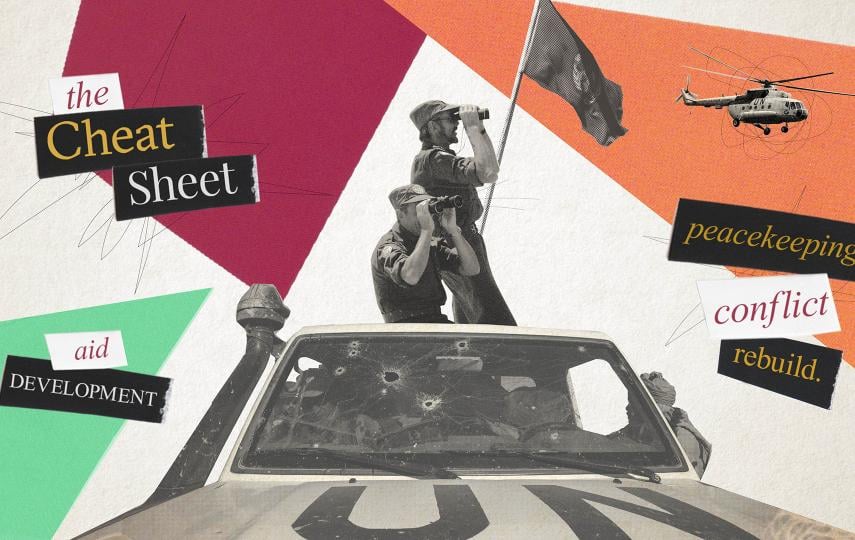NAIROBI
A minibus travelling from the coastal town of Kismayo on its way to Mogadishu, 500 km to the north, on Wednesday detonated a land mine at Erile near the town of Barawe, after covering just over 200 km. This was the fourth such incident in the same area in a week, local sources told IRIN. Abdishakur Muhammad, a Barawe businessman, said three people died on the spot, while two died of their wounds soon afterwards. Most of the injured were taken to Marka hospital, some 90 km to the north, he said. On 15 July five people were injured when the bus they were travelling hit a land mine less than two kilometres from Wednesday's incident.
The increase in land-mine incidents is attributed to conflict between the indigenous Tuni clan and settler clans of the Abgal and Habar Gedir, local sources told IRIN. The Abgal and Habar Gedir clans were settled in the area along with others from north and central Somalia by the Siyad Barre regime during the 1974 drought. The drought, known to Somalis as "Daba Dheer" (long Tailed) on account of its protracted duration, was one of the worst ever experienced in Somalia. Many thousands of families in central and northern Somalia lost all their livestock, and were relocated to the fertile south to learn a new way of life, as farmers and fishermen, sources said.
"There are economic, and political factors at play here," humanitarian sources in the area told IRIN. "The Tuni want a cut in the charcoal business, currently dominated by the Abgal and Habar Gedir clans. It is not a question of environment, but one of money," the sources said. Charcoal was the basis of a very big export business in Somalia today, business sources told IRIN. Trade in the commodity, known to many as Somalia's black gold, has assumed its great importance during the past decade of civil war. Almost all the charcoal went to the Gulf countries and Saudi Arabia, where a bag of it fetched about US $10, the sources said. [For more details on Charcoal see IRIN Focus On Charcoal].
Also involved is a political element involved. Many prominent Tuni personalities belong to the Somali Reconciliation and Restoration Council (SRRC) opposed to the Transitional National Government (TNG), and are intent on making their presence felt in the area. Supporters of the SRRC, which brings together most of the southern factions, being so vehemently opposed to the TNG, were therefore suspected of laying the mines, the sources said. Humanitarian sources, however, insist that the political element is far less significant than the economic factor. "Whatever else is involved, the real issue is charcoal and nothing else," one of them said.
Charcoal replaced livestock as Somalia's main export following the livestock ban imposed by the Gulf states in September last year, and particularly in this southern area, the humanitarian sources said. "These incidents can only increase if the two sides do not come to some sort of an agreement, or until there are some rules and regulations governing the trade," they warned.
Abdishakur told IRIN that over the past two days there had been flurry of activity on the part of elders from both sides trying contain the situation, and there was hope they would find a solution. No vehicles have used the road since Wednesday's incident, cutting off supplies of essential foodstuffs to Barawe and the surrounding area, the sources said.
This article was produced by IRIN News while it was part of the United Nations Office for the Coordination of Humanitarian Affairs. Please send queries on copyright or liability to the UN. For more information: https://shop.un.org/rights-permissions



